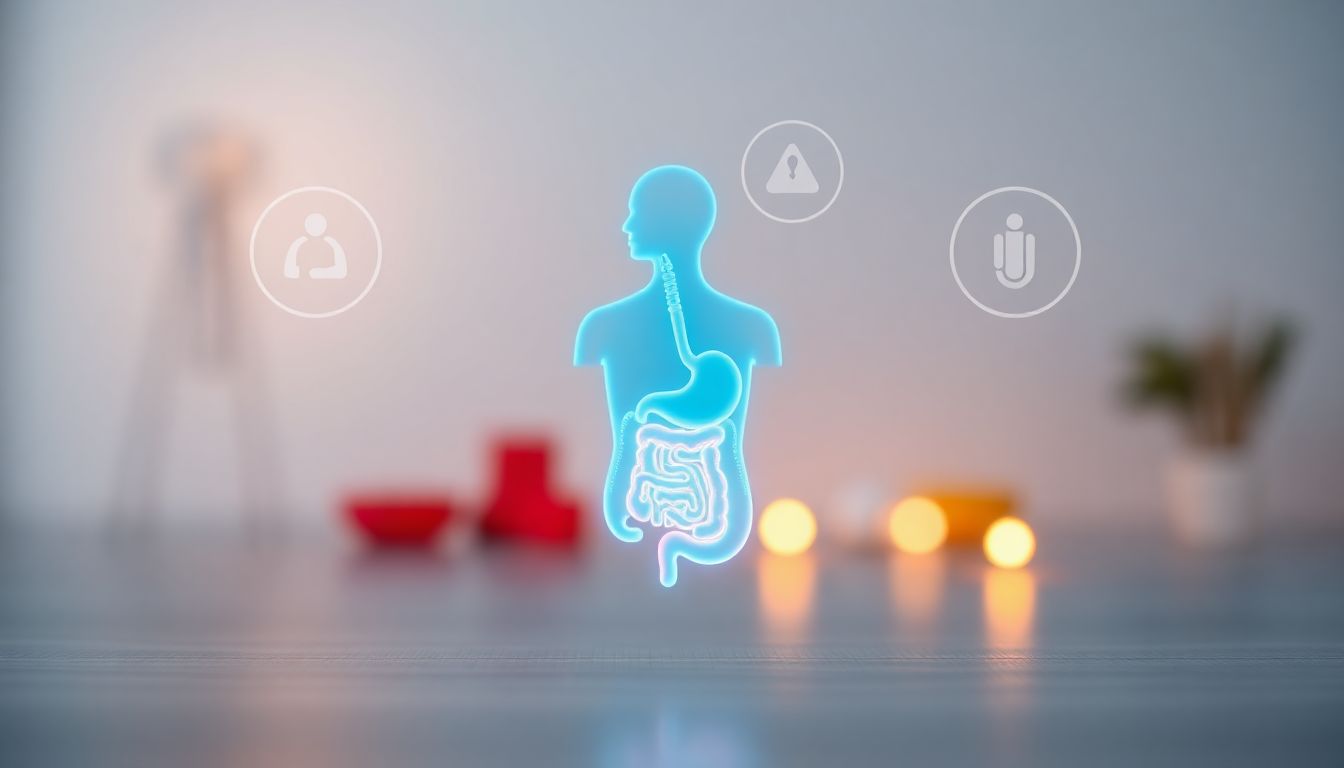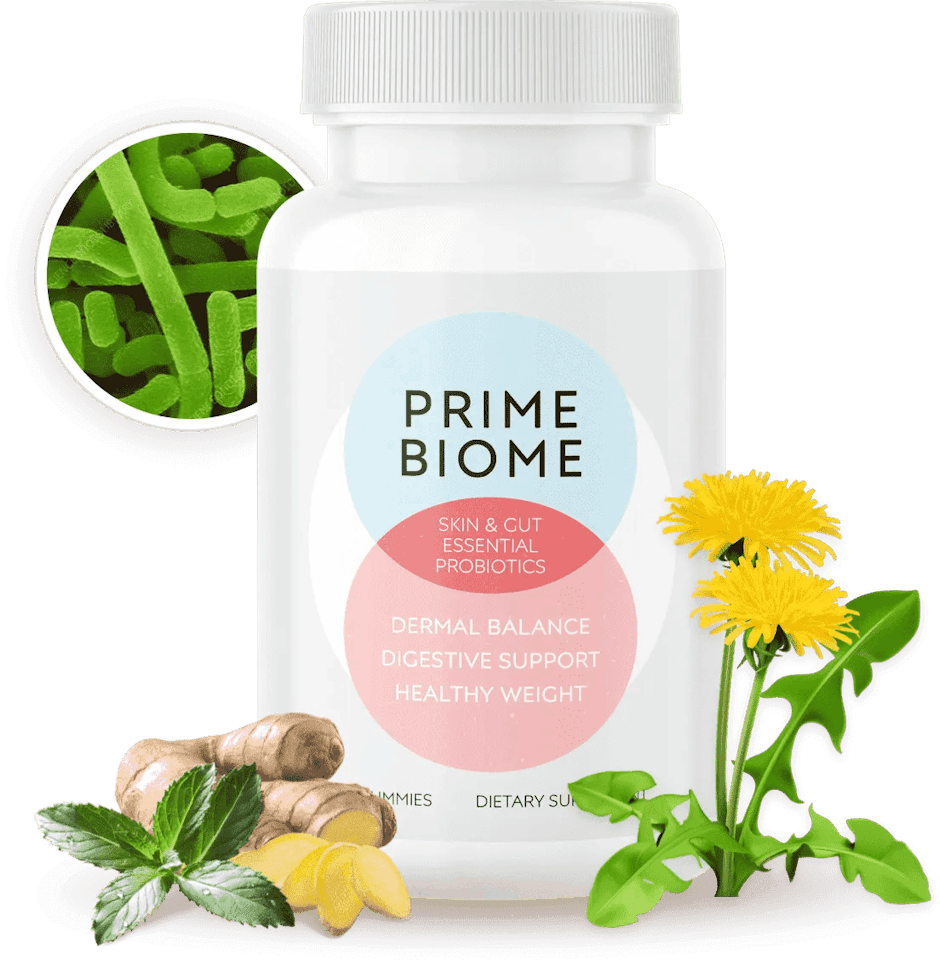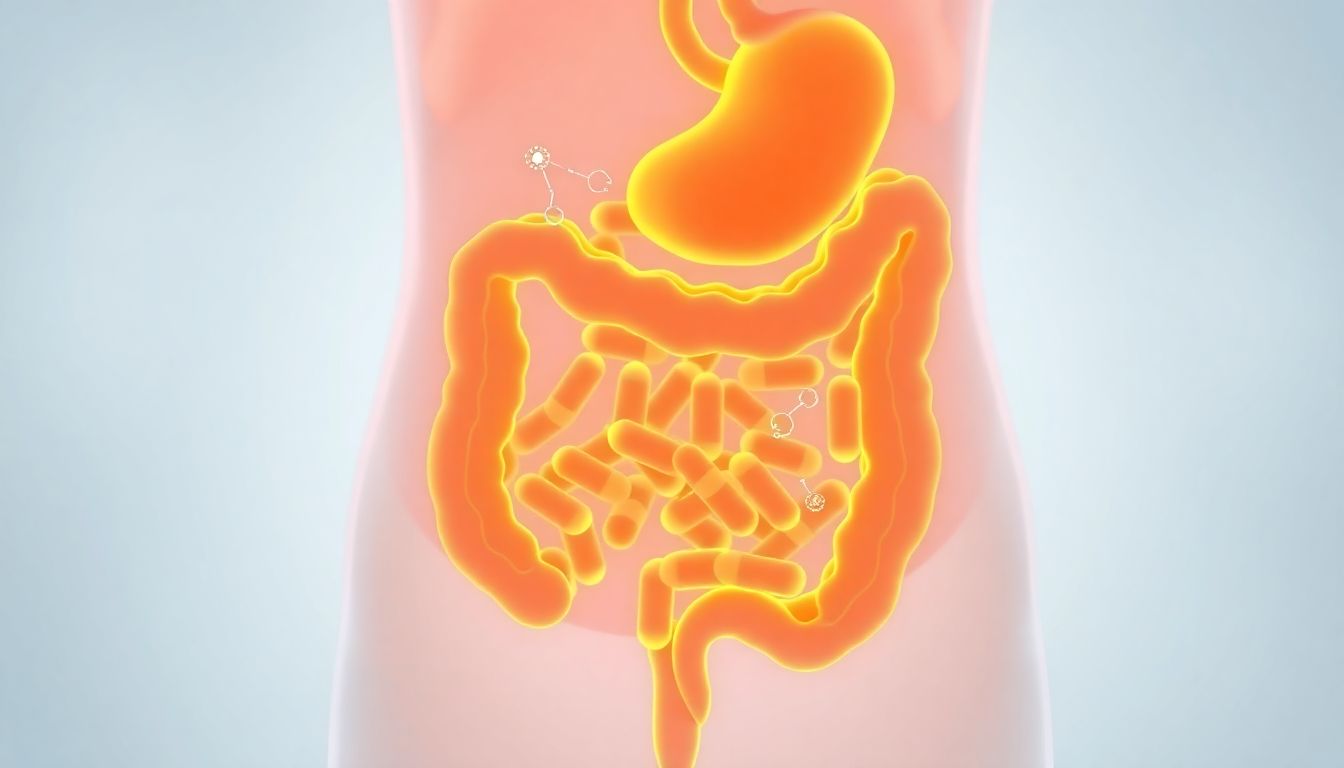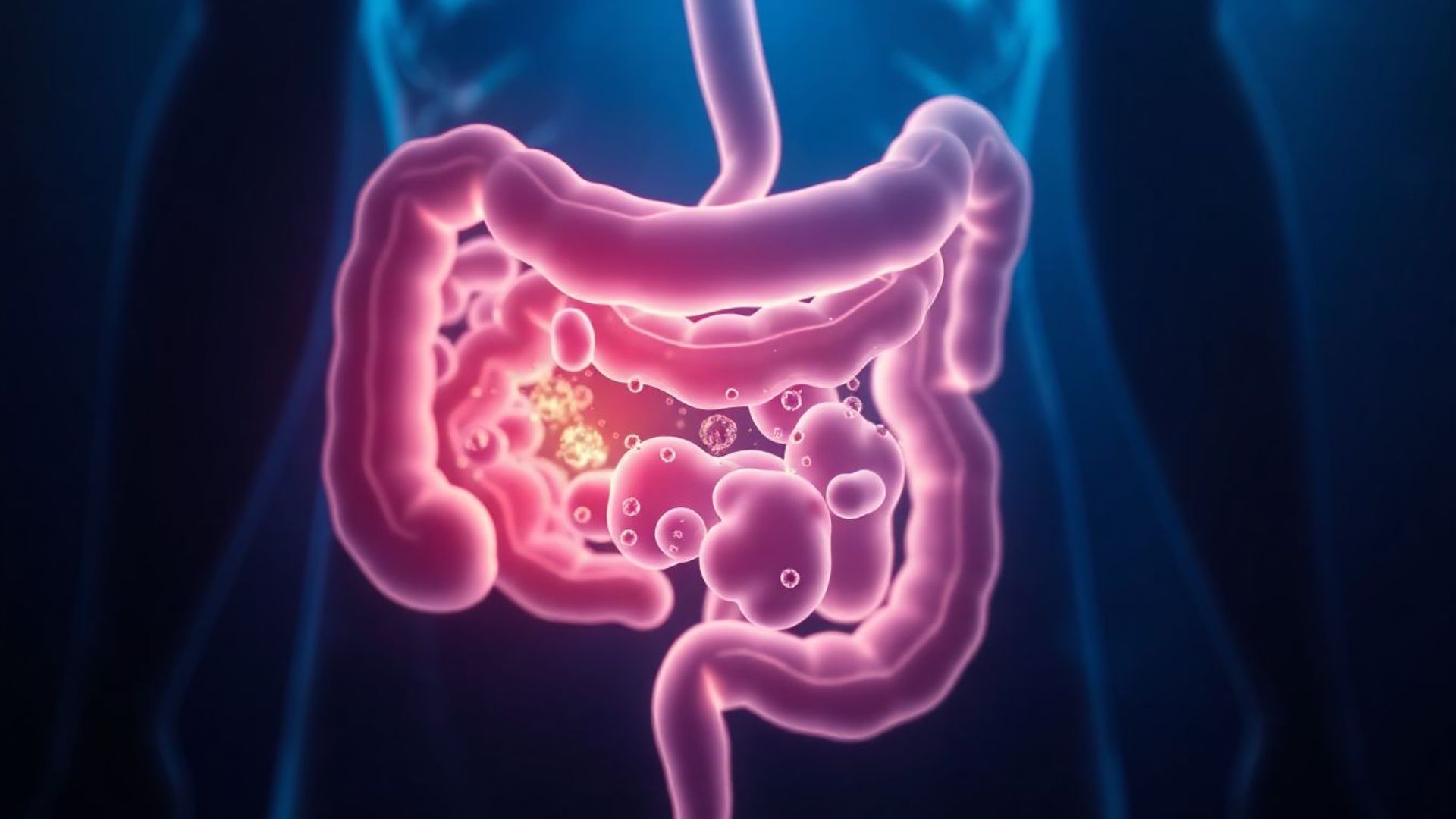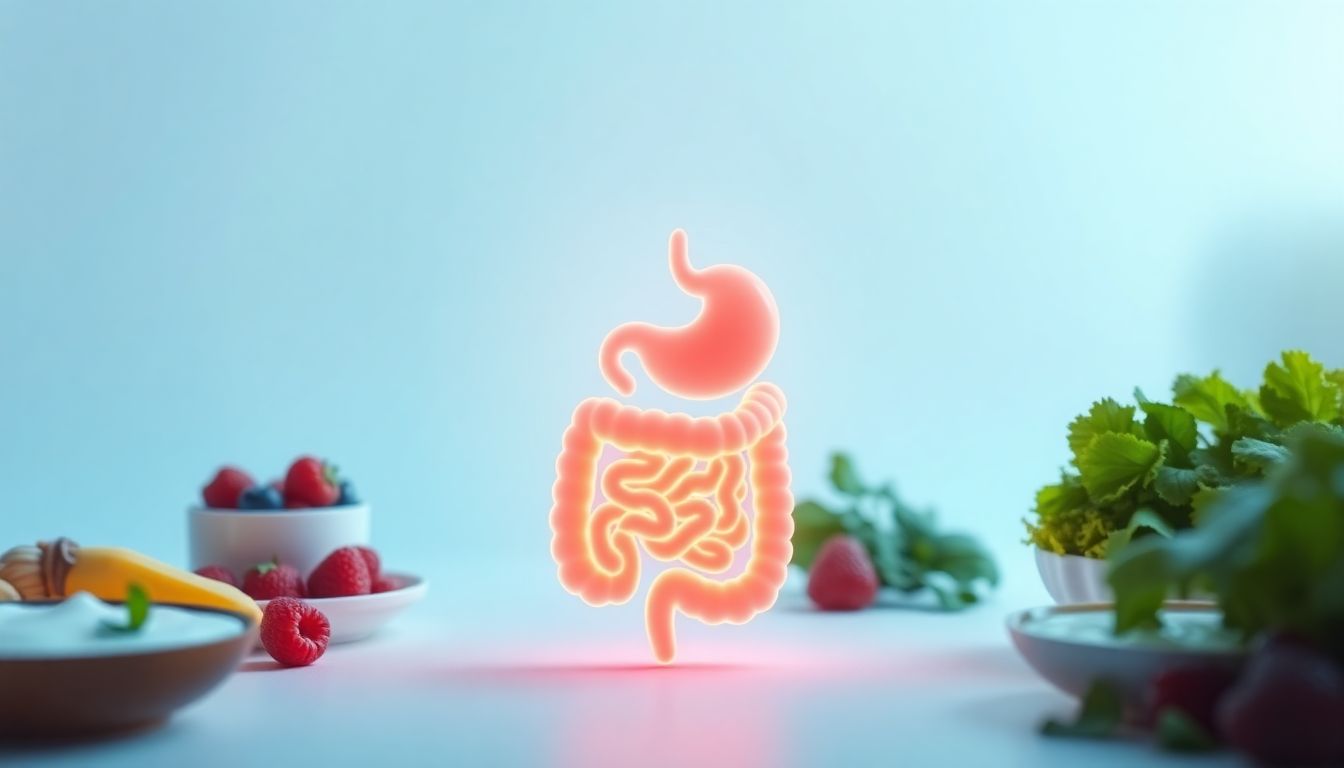Your Gut Sends Signals — Are You Listening?
Your gut communicates with you every day.
When it’s healthy, you experience smooth digestion, steady energy, and clear skin.
But when it’s struggling, you’ll notice subtle — and sometimes not-so-subtle — warning signs.
Poor gut health is extremely common due to stress, processed foods, medications, and modern lifestyle habits.
The good news: when you identify the signs early, you can reverse the damage faster.
Let’s explore the 10 biggest warning signs and exactly how to repair your gut naturally.
10 Warning Signs of Poor Gut Health
1. Bloating & Gas After Meals
Frequent bloating is a sign your gut bacteria are out of balance or struggling to break down food.
Why it matters:
This often signals dysbiosis or low digestive enzymes.
2. Constipation or Diarrhea
Irregular bowel movements show your digestive system is inflamed or imbalanced.
Constipation = slow gut motility
Diarrhea = irritated gut lining
Both indicate a disrupted microbiome.
3. Food Sensitivities You Never Had Before
If certain foods suddenly bother you, your gut lining may be damaged.
This is often an early sign of leaky gut.
Learn more:
👉 What Causes Leaky Gut (And How to Heal It Naturally)
4. Chronic Fatigue & “Brain Fog”
Your gut produces neurotransmitters like serotonin and dopamine.
When the microbiome is out of balance, mental clarity and energy levels drop.
5. Skin Issues: Acne, Eczema, Rosacea
Skin flare-ups often reflect internal inflammation.
This is the gut-skin axis in action.
See the pillar article:
👉 The Gut-Skin Axis: How Your Gut Microbiome Controls Wrinkles, Acne & Aging
6. Sugar Cravings
An overgrowth of certain bacteria and yeast makes you crave sugar — because they feed on it.
7. Frequent Illness or Slow Recovery
About 70% of your immune system sits inside your gut.
A weakened microbiome = weakened immunity.
8. Trouble Losing Weight
Poor gut health affects metabolism, hormones, and blood sugar regulation — all essential for weight management.
9. Bad Breath
Chronic bad breath often comes from imbalanced bacteria or slow digestion.
10. Unexplained Mood Swings or Anxiety
Your gut and brain communicate constantly through the gut-brain axis.
Disruption here can affect your mood, stress tolerance, focus, and emotional stability.
How to Repair Poor Gut Health
Here are the most effective, science-backed steps to heal your microbiome:
1. Remove Gut Irritants
Avoid:
- Sugar
- Seed oils
- Alcohol
- Processed foods
- Artificial sweeteners
2. Add Gut-Healing Foods
Eat more of:
- Fermented foods
- Leafy greens
- Bone broth
- Fiber-rich vegetables
- Omega-3 fats
More ideas:
👉 The 12 Best Foods for Gut & Skin Health
3. Take a High-Quality Probiotic
Probiotics help rebuild your microbiome, reduce inflammation, and repair the gut lining.
Recommended:
👉 PrimeBiome — formulated to rebalance gut flora, support digestion, and improve skin.
4. Manage Stress Daily
Stress weakens the gut barrier and disrupts beneficial bacteria.
Try:
- Breathwork
- Yoga
- Daily walks
- Meditation
5. Improve Your Sleep Routine
Aim for 7–8 hours per night to restore gut and hormone balance.
The Takeaway
Your gut sends signals when it needs help.
If you notice one or more of these warning signs, don’t ignore them — take action now.
By removing irritants, adding healing foods, and supporting your microbiome, you can repair your gut naturally and feel better from the inside out.
Frequently Asked Questions
1. What is the biggest sign of poor gut health?
Bloating, irregular digestion, and fatigue are the most common early signs.
2. Can poor gut health cause skin issues?
Yes — gut inflammation is linked to acne, eczema, and premature aging.
3. How long does gut repair take?
Most people see improvements within 3–6 weeks.
4. Can probiotics really help?
Yes — they rebalance gut bacteria and support gut lining repair.
5. Does stress damage the gut?
Chronic stress increases inflammation and weakens the gut barrier.
6. What foods heal the gut fastest?
Fermented foods, leafy greens, bone broth, and prebiotic fibers.
7. What foods should I avoid?
Sugar, alcohol, fried foods, and artificial sweeteners.
8. Can poor gut health affect mood?
Absolutely — the gut-brain axis influences mood, stress levels, and emotional balance.
9. Does PrimeBiome help repair the gut?
Yes — it contains strains shown to support digestion, reduce inflammation, and rebuild gut flora.
10. Can poor gut health lead to weight gain?
Yes — it affects metabolism, insulin sensitivity, and cravings.







